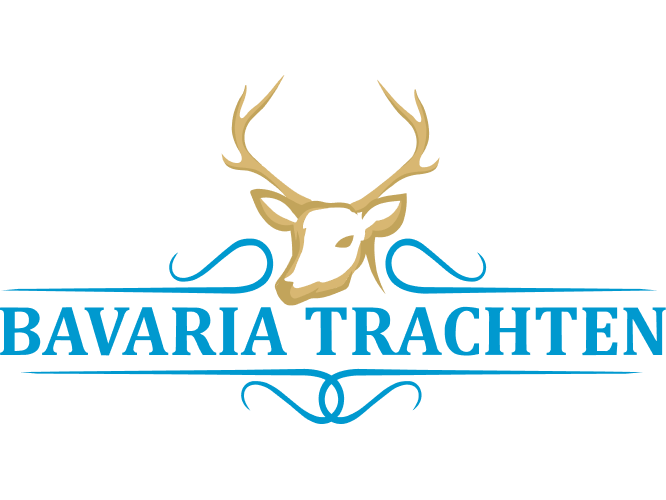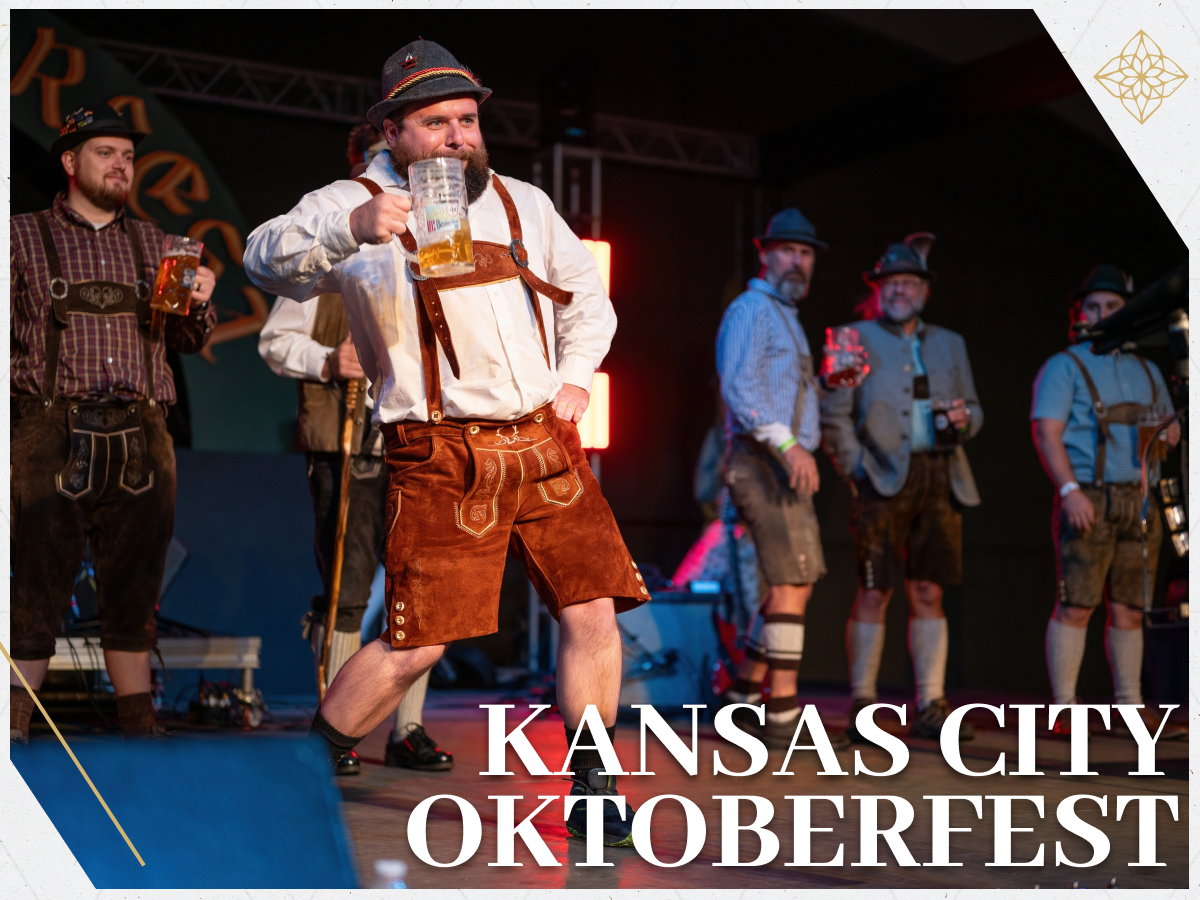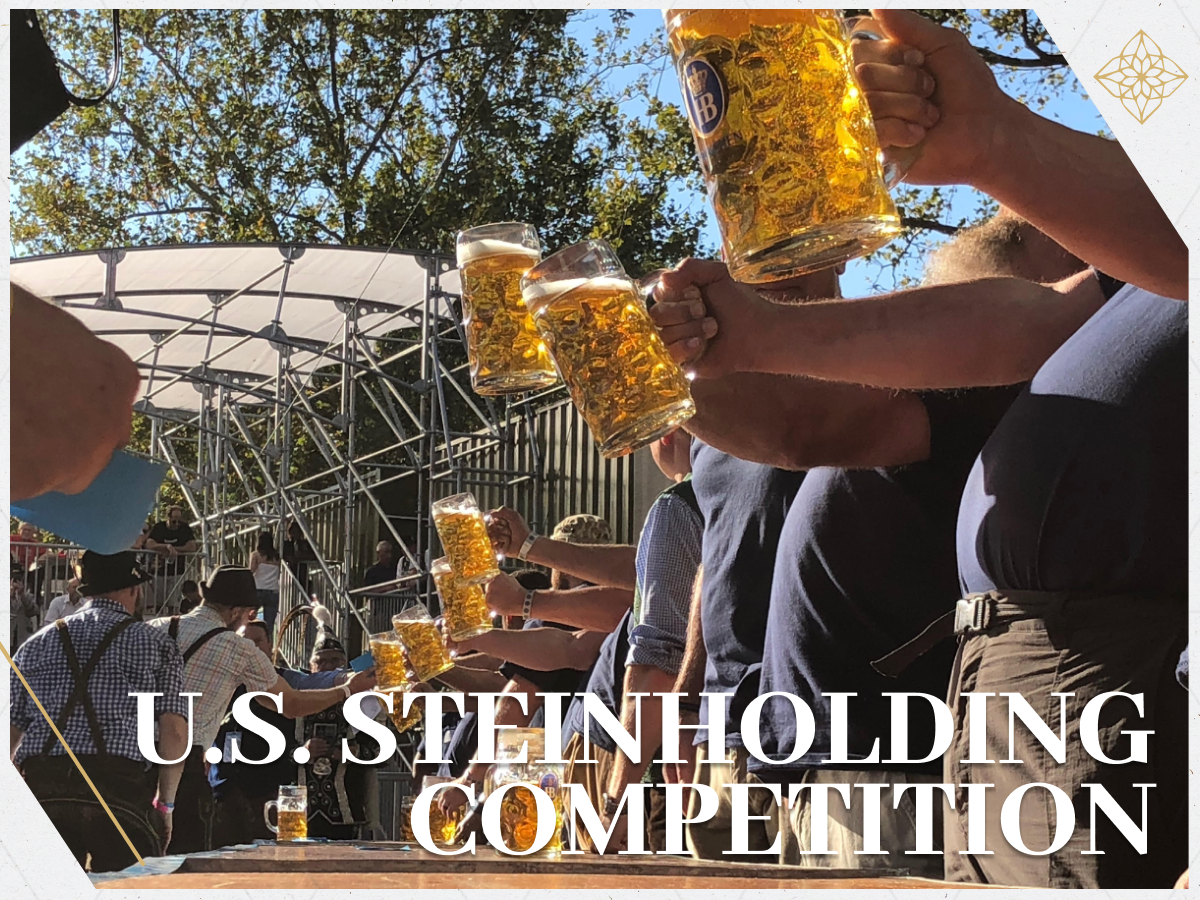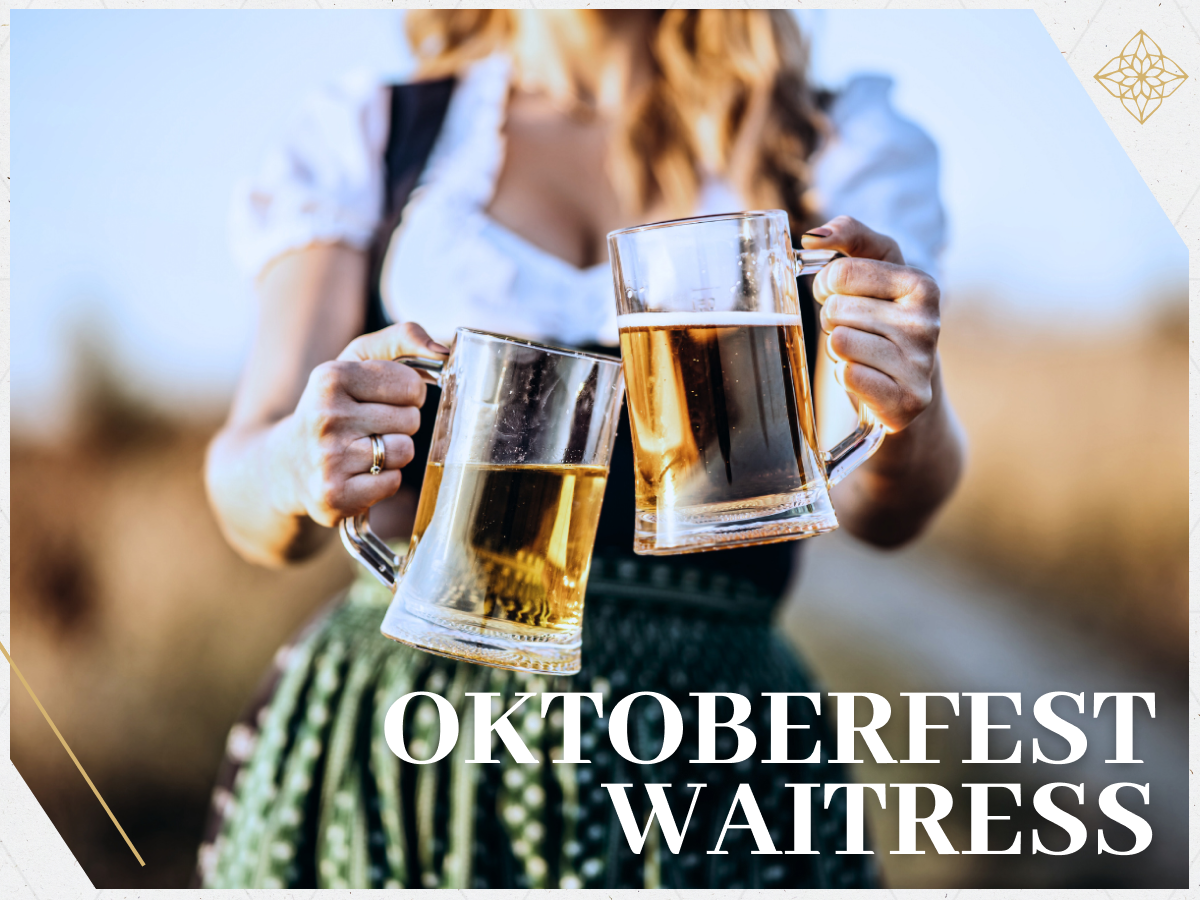Lowenbrau Beer
Get a $10 store credit for your first order
Lowenbrau Beer: A Journey into the rich heart of German beer culture
When you hear the word "Germany," it conjures up visions of enchanting castles, picturesque landscapes, world-class automobiles, and of course, top-tier beer. Few nations on Earth have been as influential in the art of brewing as Germany, and one name stands tall among the pillars of this tradition: Löwenbräu.
A rich tapestry of brewing history
With its roots in the 15th century, Löwenbräu has withstood the test of time, wars, and changes in beer consumption patterns. It continues to be a beacon of Bavarian brewing art, maintaining its adherence to the “Reinheitsgebot”, the German beer purity law introduced in 1516 by Duke Wilhelm IV of Bavaria. This timeless law ensures the strict use of only barley, hops, and water, and later yeast, in brewing, ensuring the purity and quality of each Löwenbräu beer.

Humble beginnings
There is always a start for a story. In the heart of Munich, nestled in Löwengrube 17, a beer brewer named Jörg Schnaitter was first mentioned in 1524. This small-scale operation planted the seeds of what would become a world-renowned brewery.
Emergence of Löwenbräu
The name Löwenbräu first appeared in the beer brewing directory of Munich in 1746/47, marking a significant milestone in the brewery’s trajectory.
Rise to prominence
In 1818, the tides of fortune began to turn for Löwenbräu. Georg Brey bought the brewery and initiated its economic rise. With his guidance, Löwenbräu grew to become Munich's largest brewery. The demand soared, prompting Löwenbräu to expand its operations to the Unterwiesenfeld site on Nymphenburger Strasse in 1827.
A starkbier pioneer
The 19th century saw Löwenbräu evolving further. In 1848, Georg Brey secured permission to brew Löwenbräu Bockbier, becoming a pioneer in the strong beer sector. This move sparked a trend among other breweries to create their own brands of strong beer.
Expansion and modernization
Löwenbräu became Munich's largest brewery for the first time in 1863/64, producing a quarter of all beer in the city. However, it wasn't until 1872 that Löwenbräu underwent a significant transformation. The Brey family sold Löwenbräu, which was converted into a joint-stock company, marking the beginning of a comprehensive modernization of the brewing operations.
The iconic “Löwenbräu Keller”
In 1883, “Löwenbräu Keller” opened near the brewery at Stiglmaierplatz. This became a symbol of the brand and helped Löwenbräu reclaim its status as Munich's largest brewery by the turn of the century. In 1886, the iconic lion was registered as a trademark.
International recognition
Löwenbräu's quality and excellence were recognized on a global scale when it received the Grand Prix for its beer at the 1900 Paris World Fair. During the 1920s, Löwenbräu saw the potential of an international market and strengthened its export activities.
Mergers and resilience
In 1921, Löwenbräu merged with "Unionsbrauerei Schülein & Cie", with Hermann Schülein becoming the director-general of the beer empire. Despite the struggles of the First World War, Löwenbräu demonstrated resilience by resuming its export activities after the war in 1948, with Switzerland being its first export destination.
Innovations and expansions
In the 1950s, Löwenbräu introduced the roaring mechanical lion at Oktoberfest. In 1974, it expanded its international presence by signing its first licensing agreements with the United States and England. Today, Löwenbräu beer is enjoyed in over 50 countries worldwide.
Adapting to a globalized market
To stay competitive in a global market, Löwenbräu merged with another Munich traditional brewery, Spaten, in 1997. In 2004, the Spaten-Franziskaner-Löwenbräu group became part of InBev, the world's largest brewing company.
Löwenbräu has stood the test of time, and to this day, it upholds its rich history while continuously adapting to changing market conditions. With its authentic German brewing tradition, Löwenbräu remains a true embodiment of Bavaria, known around the globe as "A Beer Like Bavaria".
A kaleidoscope of beer types
Löwenbräu's beer portfolio is a symphony of flavors and experiences. Whether you're in the mood for a non-alcoholic beer after a workout, a robust Dunkel to end a hard day, or an Oktoberfestbier for a celebration, Löwenbräu has you covered. Each beer - Löwenbräu Original, Radler, Triumphator, Urtyp, and Weisse - is brewed with the same commitment to quality and tradition, offering a unique taste experience.
Löwenbräu non-alcoholic
Brimming with essential vitamins, Löwenbräu Non-alcoholic beer is a delightful thirst quencher. Crafted from natural ingredients, it's especially ideal as an isotonic drink during sporty activities. Brewed strictly according to the Reinheitsgebot, this calorie-reduced alcohol-free draught beer (containing 40% fewer calories than our Löwenbräu Original, thanks to no alcohol), ensures you enjoy your pint guilt-free.
Löwenbräu Dunkel: A dark Bavarian specialty
A traditional Bavarian beer from Munich, Löwenbräu Dunkel is full-bodied, dark, and exceptionally tasty. It's the harmonious result of meticulously chosen ingredients and the highest brewing art. Special dark roasted malts form the basis for its finely spiced malt aroma. Sip it with good friends for an unforgettable beer experience.
Löwenbräu Oktoberfestbier: A time-honored tradition
Each autumn for over 200 years, the unmistakable cry of "O'zapft is!" echoes around the world, attracting millions to Munich's Oktoberfest, the world's largest beer festival. On the new label of Löwenbräu Oktoberfestbier, a traditional Oktoberfest waitress stands ready, smiling in front of the well-known Löwenbräu Tower, presenting the fest’s favorite brew.
Löwenbräu Original: The quintessential Munich brew
Among many Munich originals, only one has such a wonderfully refreshing and subtly bitter taste: the traditional Löwenbräu Original. Best ingredients and a subtly bitter taste make this pale beer a genuinely Bavarian drinking delight.
Löwenbräu Radler: A natural shandy delight
Löwenbräu Original meets cloudy lemonade in this Munich original. This refreshing blend of subtly bitter Löwenbräu beer and natural lemonade creates a unique thirst-quenching experience.
Löwenbräu Triumphator: A dark strong beer
This dark, strong beer specialty from Munich is spicy, aromatic, and powerful in taste. The Triumphator is the brew of choice when power is needed, echoing the tales of the once "strongest man in Bavaria," Steyrer-Hans. This strong, dark beer is both aromatic and powerful.
Löwenbräu Urtyp: The premium beer with a full-bodied character
Brewed according to the original recipe, Löwenbräu Urtyp is created strictly following Bavaria's Reinheitsgebot and the highest quality standards. Its balanced spiciness, beautiful golden color, and fine malt-aromatic taste are typical of this easy-drinking, fresh beer enjoyment.
Löwenbräu Weisse: The classic wheat beer
The classic wheat beer from Munich continues the long tradition of Bavarian wheat beer brewing. Once the exclusive privilege of Bavarian dukes, wheat beer is now the typical Munich beer specialty. Löwenbräu Weisse, brewed according to traditional recipes with the finest, self-cultivated yeast, captivates with its fresh, fizzy taste.
Conclusion
A Löwenbräu beer is more than a drink; it's a testament to German culture, a slice of history, and a journey through the flavorful heart of Germany.
To truly appreciate this, why not visit Munich, the home of Löwenbräu? With our “Win a Trip to Munich” competition, you could walk the same streets the original brewers did, delve into the city's rich heritage, and sample some of the world's best beer. Immerse yourself in the authentic German beer experience and raise a glass to the enduring spirit of German brewing tradition.
P.S. – Remember to leave room in your suitcase for Löwenbräu souvenirs!
FAQ
Is Löwenbräu a good beer?
Absolutely! Löwenbräu is more than just good—it's exceptional. With a history dating back centuries, this German beer has stood the test of time, captivating beer enthusiasts with its smooth and distinctive flavor. Whether you're sipping it at a beer garden or enjoying it at home, Löwenbräu promises a delightful experience that will leave you wanting more. So raise your glass and indulge in the greatness of Löwenbräu!
What kind of beer is Löwenbräu?
Löwenbräu is a renowned German brewery that specializes in producing Munich Helles Lager. This beer style is known for its bright, golden color, mild hop character, and a clean, crisp finish. Löwenbräu's Munich Helles Lager embodies the essence of Bavarian brewing traditions, delivering a harmonious blend of smooth maltiness and subtle bitterness. It's the kind of beer that effortlessly quenches your thirst and leaves you with a satisfied smile.
How much alcohol does Löwenbräu contain?
Löwenbräu has a well-balanced alcohol content that adds to its charm. The Munich Helles Lager from Löwenbräu typically has an alcohol percentage of around 4.9% by volume. This moderate alcohol level strikes the perfect balance, allowing you to enjoy the flavors and nuances of the beer without overwhelming your senses.
Get a $10 store credit for your first order









Leave a comment